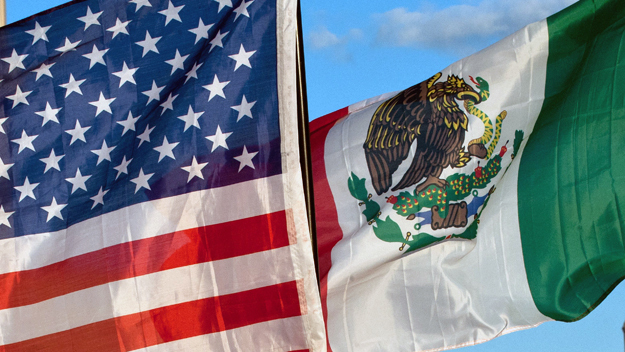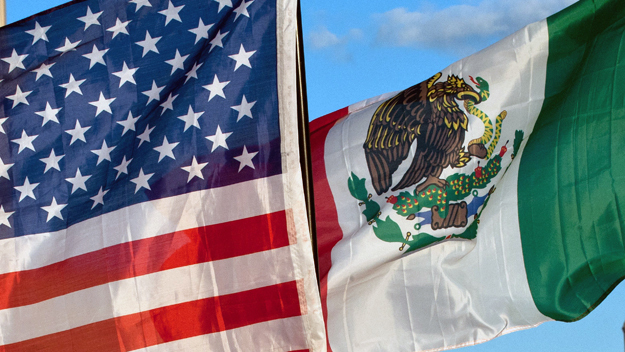
As discussed yesterday, a key outstanding question over the future of global trade may be about to get an answer: after five weeks of negotiations on trade issues between the administrations of Trump and Enrique Pena Nieto, the U.S. and Mexico are close to resolving bilateral differences on NAFTA and may wrap up as soon as Monday, “clearing the way for Canada to possibly return to talks to update the three-nation trade pact.”
As Bloomberg reports, “the nations achieved significant breakthroughs in the past several days on the critical issues of automobiles and energy, according to the people, who asked not to be named discussing private talks. Talks are expected to continue Sunday.”
In recent weeks, the U.S. and Mexico had been focused on the thorny issue of car manufacturing amid a push by the Trump administration for a deal that would boost factory jobs in America. Specifically, the U.S. has proposed tightening regional content requirements for car production and having a certain percentage of a car manufactured by higher-paid workers.
And while a U.S. proposal to increase tariffs on cars imported from Mexico that don’t meet stricter new content rules was a sticking point as recently as last week, that issue appeared to be resolved by Thursday according to Bloomberg sources.
The U.S. agreed to keep the 2.5 percent tariff currently applied under World Trade Organization rules if the cars are made at factories that already exist, according to two people familiar with the plans, who asked not to be named discussing private negotiations.
That would leave open the possibility that cars that don’t meet the rules and are built at new plants could face tariffs of 20 percent to 25 percent, pending the results of a Section 232 national security investigation that Trump ordered in May, the people said.
The latest breakthrough follows a report from the WSJ yesterday, according to which a key sticking point in the NAFTA negotiations between the U.S., Mexico and Canada – namely Trump’s desire to remove a provision known as investor-state dispute settlement, or ISDS, in which companies can bring claims to an international tribunal when they believe their overseas investments were unfairly treated by an action from another NAFTA government – was on the verge of resolution.











Leave A Comment